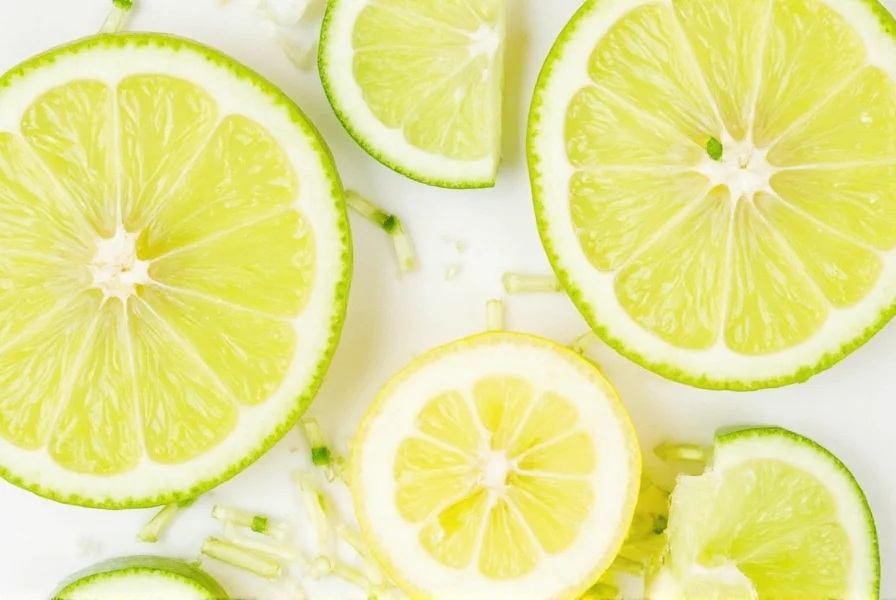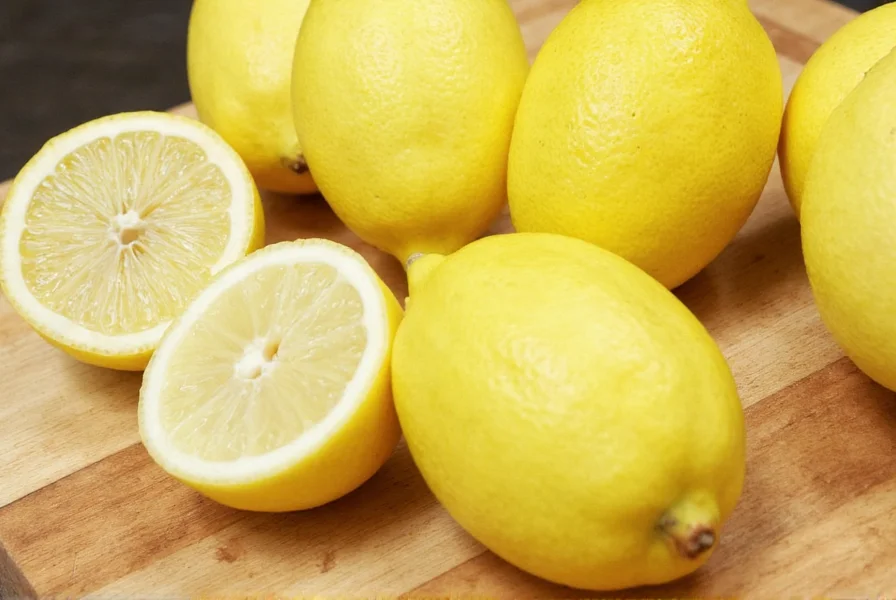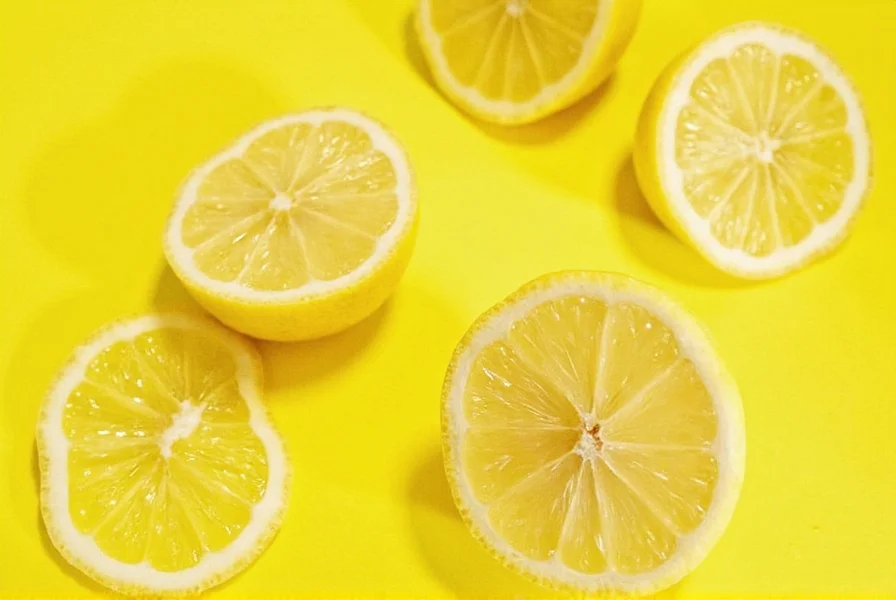Dehydrated lemon zest is the dried, grated outer peel of lemons, rich in essential oils, used to add concentrated citrus flavor to recipes without moisture. This versatile ingredient preserves the vibrant aroma and flavor of fresh lemons while eliminating the need for squeezing or peeling.
| Product | Organic | Preservatives | Texture | Use Case | Best For |
|---|---|---|---|---|---|
| Nature's Garden Organic Lemon Zest | Yes | No | Fine powder | Baking, smoothies, tea | Health-conscious cooks |
| McCormick Lemon Peel Granules | No | No | Rough granules | Cooking, grilling, seasoning | Everyday cooking |
| Frontier Co-op Freeze-Dried Lemon Zest | Yes | No | Light flakes | Gourmet dishes, cocktails, dressings | Foodies and chefs |
| Mrs. Wages Lemon Zest Crystals | No | Yes (minimal) | Dense crystals | Pickling, preserves, marinades | Preserving enthusiasts |
| Amazon Chef's Naturals Lemon Zest Powder | No | No | Ultra-fine powder | Desserts, rubs, infusions | Home bakers |
Key Features to Consider:
- Organic Certification: For those avoiding pesticides and synthetic additives.
- Processing Method: Freeze-dried retains more volatile oils than oven-dried.
- Texture: Choose between powder, granules, or flakes depending on use case.
- Expiration Date: Always check for freshness, as flavor diminishes over time.
How to Make Dehydrated Lemon Zest at Home
Follow these simple steps to create your own dehydrated lemon zest:
- Wash lemons thoroughly: Use organic lemons and scrub with a vegetable brush to remove pesticides or wax.
- Zest carefully: Use a microplane or zester to remove only the colored outer layer (flavedo), avoiding the bitter white pith.
- Dry evenly: Spread zest in a single layer on a baking sheet lined with parchment paper.
- Dehydrate:
- Oven method: Set oven to 170°F (75°C) and dry for 2-4 hours until crisp.
- Dehydrator method: Dry at 125°F (52°C) for 4-6 hours.
- Store properly: Keep in an airtight container away from light and moisture.

Top 10 Practical Uses for Dehydrated Lemon Zest
- Revive Desserts: Add a pinch to cakes, cookies, or frostings for brightness without extra liquid.
- Elevate Savory Dishes: Sprinkle over roasted vegetables, fish, or grilled chicken for a zesty twist.
- Homemade Salad Dressings: Mix with olive oil, vinegar, and herbs for an instant lemon vinaigrette base.
- Citrus Salt & Sugar: Blend with sea salt or sugar for a flavored finishing touch on rimmed glasses or baked goods.
- Baking Hack: Use instead of fresh zest in muffins, scones, or breads for consistent results.
- Tea Time: Stir into herbal teas or warm water for a refreshing morning sipper.
- Marinade Magic: Combine with garlic, herbs, and olive oil for a quick, zesty marinade.
- Smoothie Boost: Add a dash to green smoothies for a surprising citrus kick.
- Cocktail Rim: Mix with chili powder and sugar for a fun, flavorful cocktail rim.
- Flavorful Oils: Infuse olive oil with dehydrated zest for a ready-to-use pantry staple.

Storage Guide for Maximum Freshness
- Airtight Containers: Use glass jars or vacuum-sealed bags to block moisture and oxygen.
- Cool, Dark Place: Store away from heat sources and direct sunlight to preserve oils.
- Freezer Option: For longer shelf life, store in the freezer in small portions.
- Label It: Mark the purchase or drying date for easy rotation.

FAQs About Dehydrated Lemon Zest
Can I substitute dehydrated zest for fresh in recipes?Absolutely! A general rule is 1 teaspoon of dried zest equals 1 tablespoon of fresh. Adjust to taste.
How long does dehydrated lemon zest last?Stored properly, it can last 6–12 months. Freezing extends this up to 18 months.
Is dehydrated zest healthier than fresh?It's more concentrated, so a little goes a long way. Nutrient-wise, they're similar — minus the water content. Dehydrated zest retains most of the beneficial compounds found in fresh zest, including limonene and other essential oils.
What's the difference between lemon zest and lemon peel?Lemon zest refers specifically to the thin, colored outer layer of the lemon rind (the flavedo), which contains the aromatic oils. Lemon peel typically includes both the zest and the bitter white pith underneath. For the best flavor, recipes calling for zest want only the colored part without the bitter pith.
How do I rehydrate dehydrated lemon zest?For recipes requiring fresh-like texture, mix 1 teaspoon of dehydrated zest with 1 tablespoon of warm water and let it sit for 5-10 minutes. This works well for recipes like custards or when you need the moisture content of fresh zest.












 浙公网安备
33010002000092号
浙公网安备
33010002000092号 浙B2-20120091-4
浙B2-20120091-4